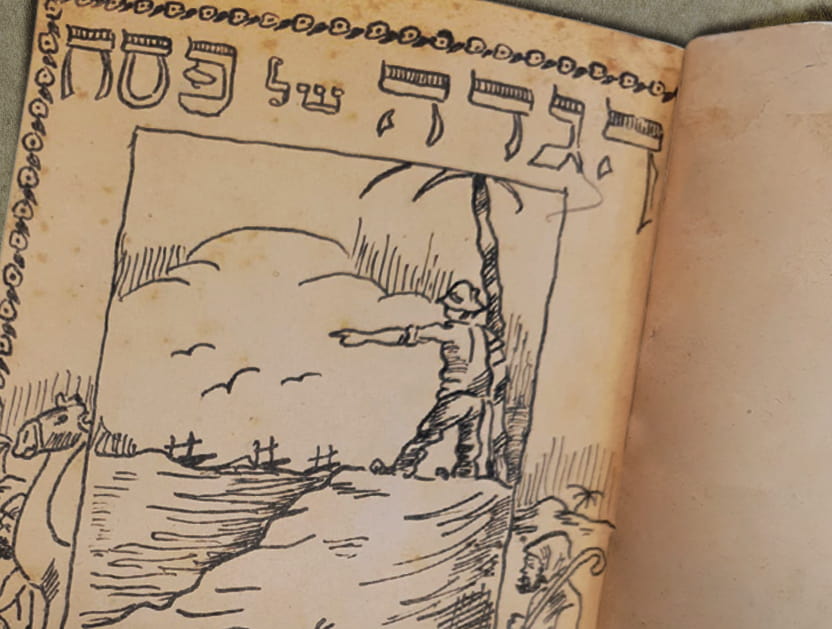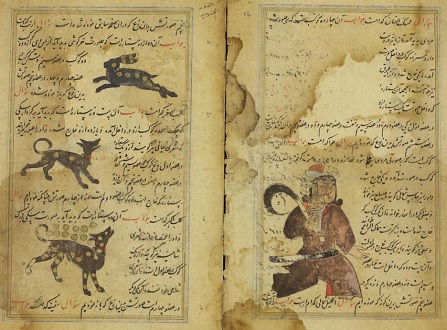המלחמה על החירות: הגדות מראשית ימיו של קיבוץ בארי
"מה שאני הכי זוכר מפסח, זה הריח. אח, הריח! עד היום אני יכול לעצום את העיניים ולהריח אותו! הריח של הסנדלים החדשים שכולנו היינו מקבלים לקראת החג, זה פסח בקיבוץ בשבילי. אחר כך זה השקט המופתי בחדר האוכל. ילד שאלף איש מקשיבים לשירת "מה נשתנה" שלו ושל חבריו – זה משהו מיוחד." ישראל נטע, חבר קיבוץ ב
לכתבה בבלוג הספרייה
 כניסה עם גוגל
כניסה עם גוגל
 כניסה עם פייסבוק
כניסה עם פייסבוק


